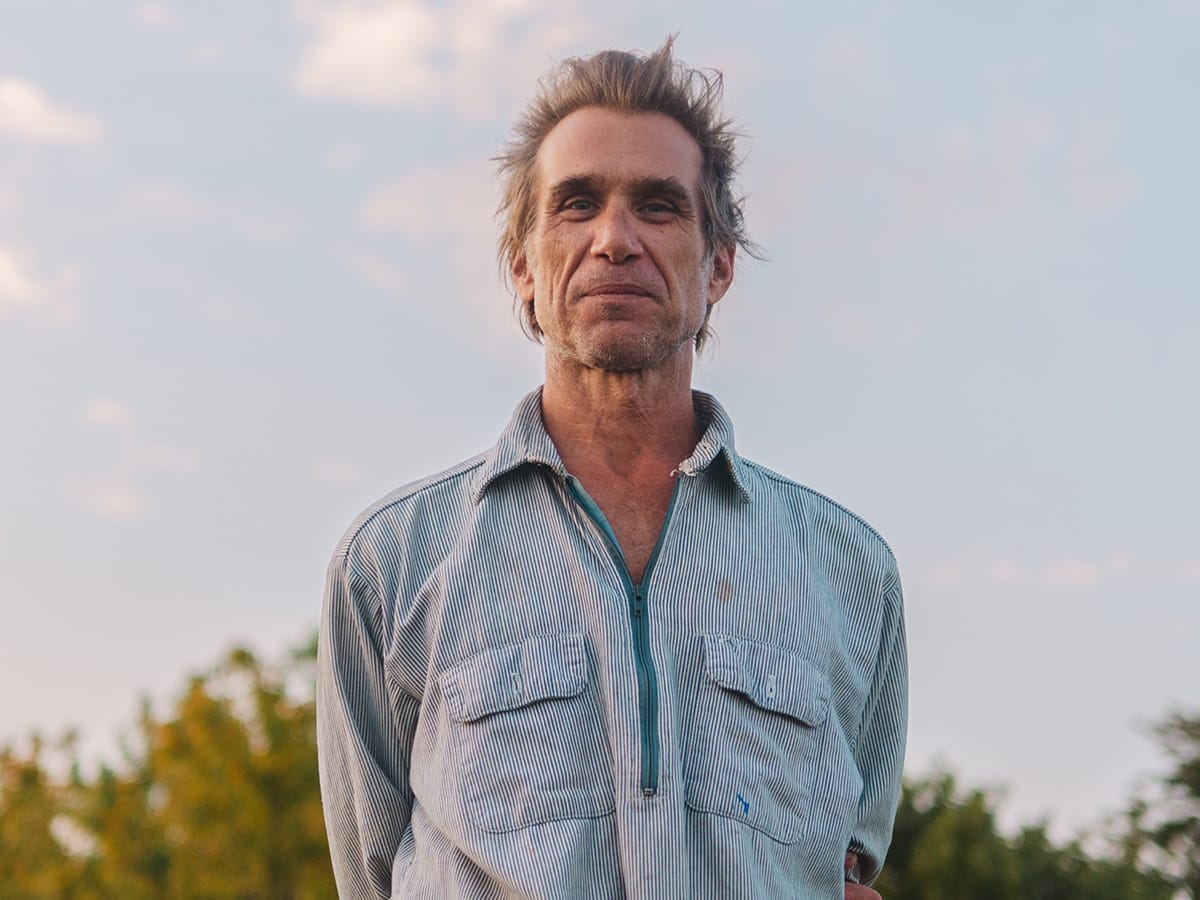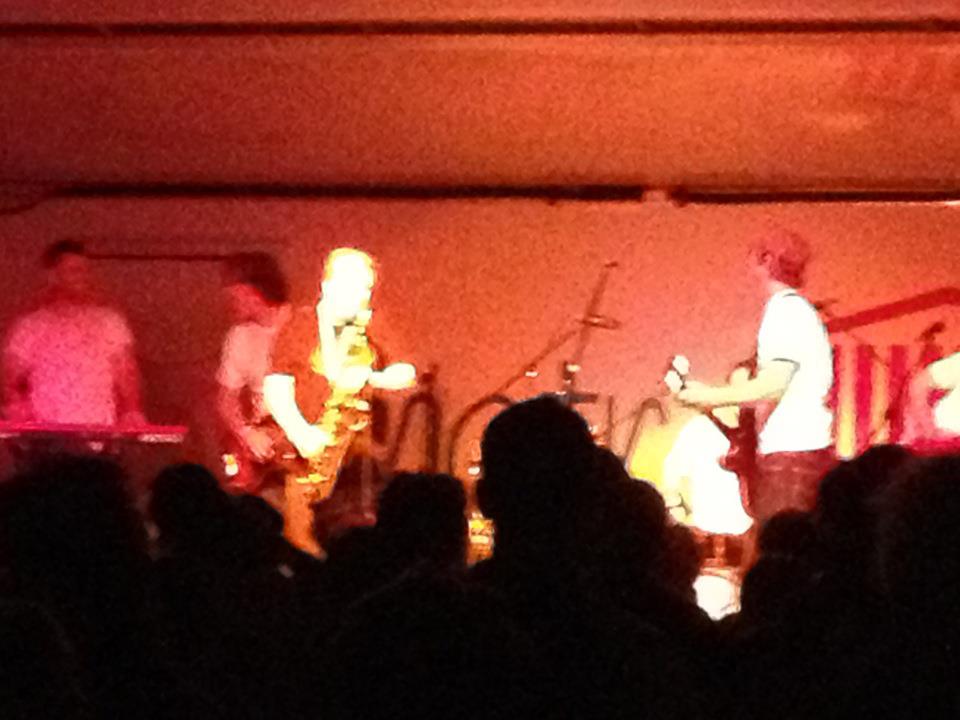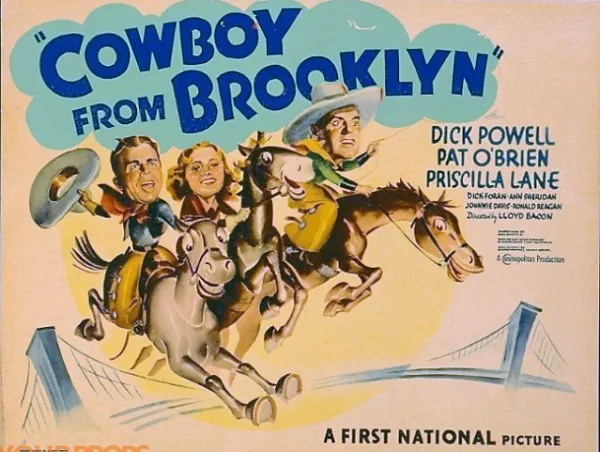Something good comes along, then it’s gone: Farewell, Todd Snider.

When I moved to East Nashville in 2012, legend had it that if you wanted to find Todd Snider, all you had to do was go to Drifter’s BBQ in Five Points, and he’d be there at the bar. Nashville always had rumblings like this: that John Prine could be spotted at Arnold’s (true), that Gillian Welch popped up at the health food store (also true) or that Robert Plant liked to have dinner at Eastland Café because he rented an apartment across the street (never confirmed, but fun to believe). Coming from New York City I was used to seeing celebrities around, but something was different about how these artists existed here in Nashville – just part of the fabric, doing regular things in regular ways with regular people, and that was part of what helped them write extraordinary songs.
Snider, in particular, wasn’t just an infamous resident of East Nashville: he was the de facto mayor of the place. His folksongs – funny, wry, potent, vivid, storytelling to its core – were the perfect perspective to chronicle how American life so often meant learning to live with grave injustice, gentrification and constant change, even before the town he loved became ground zero for it. On his first album, 1994’s Songs for the Daily Planet, he sung about plowing roads through indigenous reservations (“This Land is Our Land”) and his disillusionment about kids these days on “My Generation (Part 2),” except not really. Not really, because Snider had this brilliant way of setting all of this moaning about when things were better before in hilarious context: he knew things were different, and that he didn’t always like what he heard on the radio or saw in the streets. But he wasn’t going to be the old man yelling at clouds, either.
“Did you know that there are people who put us down for no other reason than the simple fact that we get around?” Snider hollers at the beginning of “My Generation (Part 2),” riffing on The Who classic, managing to knock on some of the most ridiculous aspects of life in the nineties (stonewashed jeans, fax machines) while also understanding that the actual act of doing something like that from a position of privilege is ridiculous in and of itself, especially when there’s real hurt out there, and real struggle. And Snider always aimed to stay connected to the grit, not the glitter.
“I invented Occupy,” he joked with me in 2012, when I interviewed him around the release of Agnostic Hymns and Stoner Fables, before telling me how he wished he could mentor a young punk band. Snider was alt-country, I suppose, but so much of what he did possessed that kind of punk spirit: that eagerness to fight for art over capitalism, for community over all else, for music as a way to triumph. Though Snider was born in Oregon, when he moved to Nashville in the nineties he ultimately chose to settle in East Nashville for its musical community and its cheap homes, but also because it represented a way of life outside of the Music Row fray. Snider had a major-label deal with MCA but ultimately wasn’t cut out for that kind of life: he released albums for Prine’s Oh Boy (including his seminal work, East Nashville Skyline) and eventually with his own Aimless Records. Inspired by his heroes like Prine, Kris Kristofferson and Jerry Jeff Walker, he represented the misfits, the cult songwriters, the stoners and loners, the wayward artists who didn’t always fit in a box. And Nashville loved boxes.
Though we could buy a house in East Nashville for mortgage cheaper than our NYC rent, the place was still changing in Snider’s eyes back then. He saw it before most anyone else, I guess. “I’m still mad about the Slow Bar,” he sung on “East Nashville Skyline.” “I guess that’s just the way things are. Something good comes along, then it’s gone.” The beloved musician’s haunt Slow Bar had been replaced by the time I arrived, and has turned over twice since then (I think it's a cannabis bar now?). But I spent that first pretty magical year in town on the trail of Todd Snider: I interviewed him about Agnostic Hymns and we talked about Elizabeth Cook and Amanda Shires, two artists he adored. I saw him play for the neighborhood block party on the third ("thirth") of July as Elmo Buzz and the East Side Bulldogs with Bobby Keys, and then at the Ryman with Justin Townes Earle. I understood why people called him the mayor of this part of town, but whenever I showed up at Drifter’s, he was never there. Our timing was off, I guess.

Snider worked constantly after that: he released Time As We Know It: The Songs of Jerry Jeff Walker. He formed the supergroup Hard Working Americans, he made more solo albums, he wrote a book. He mentored musicians he loved like Rorey Carroll, and made sure he advocated for them on the road. He formed friendships and kinships with more artists than I could ever mention here like Cook, Shires, Aaron Lee Tasjan. He kept going, and East Nashville changed: eventually I had just as many Airbnb’s on my block filled with bachelorettes as I did real neighbors. Musicians moved away for cheaper rents. Snider found a new home in Hendersonville. But East Nashville, and Nashville itself, only became more and more famous. So did country music. Snider was more worried about gentrification pushing out the family that had lived there since the 70’s than a musical purity test, though.
“you ever go to one of those ‘mainstream’ shows,” he emailed me in 2013, when I was asking him some questions about his work on the Alabama tribute project, High Cotton. “they bring joy to a lot of people with songs. if there’s a wrong way to do that then god help us all.” I lingered on those words, and I still do. Snider was just after the joy of it all – it’s part of what made his music resonate. He delivered the bad news with a good joke.
Snider died this past Friday at a hospital in Hendersonville - the cause released was pneumonia. I'm not going to get into the specifics of how and why he died, but I did think a lot about Luke Bell when reports on Snider's sickness and arrest made news. On people's glee at sharing information about a story they only covered for the clicks, about an artist whose name they'd never once mentioned before. I wished for empathy as much as I wish for world where we cared for the physical and mental health of musicians (and humans) as part of regular American life.
On a clear day in winter, I can see the tips of the Nashville skyline from my house, in a quiet part of East Nashville. There are no Airbnb's on my street, and turkey and deer roam as freely as the neighborhood kids, but a record store is still just a 5 minute bike ride away. I love it. But it'll change one day, as all things do. Something good comes along, and then it's gone. It's hard to imagine a world without Snider in it, an East Nashville without Snider in it. But he prepared us for this. His songs helped us realize that nothing really ever lasts, and all we can do is tell a story and have a laugh to get through it, and look out for each other along the way.
"There's no time like eternity," he sing-speaks on "Never Let a Day Go By," "to get to where you would rather be."




